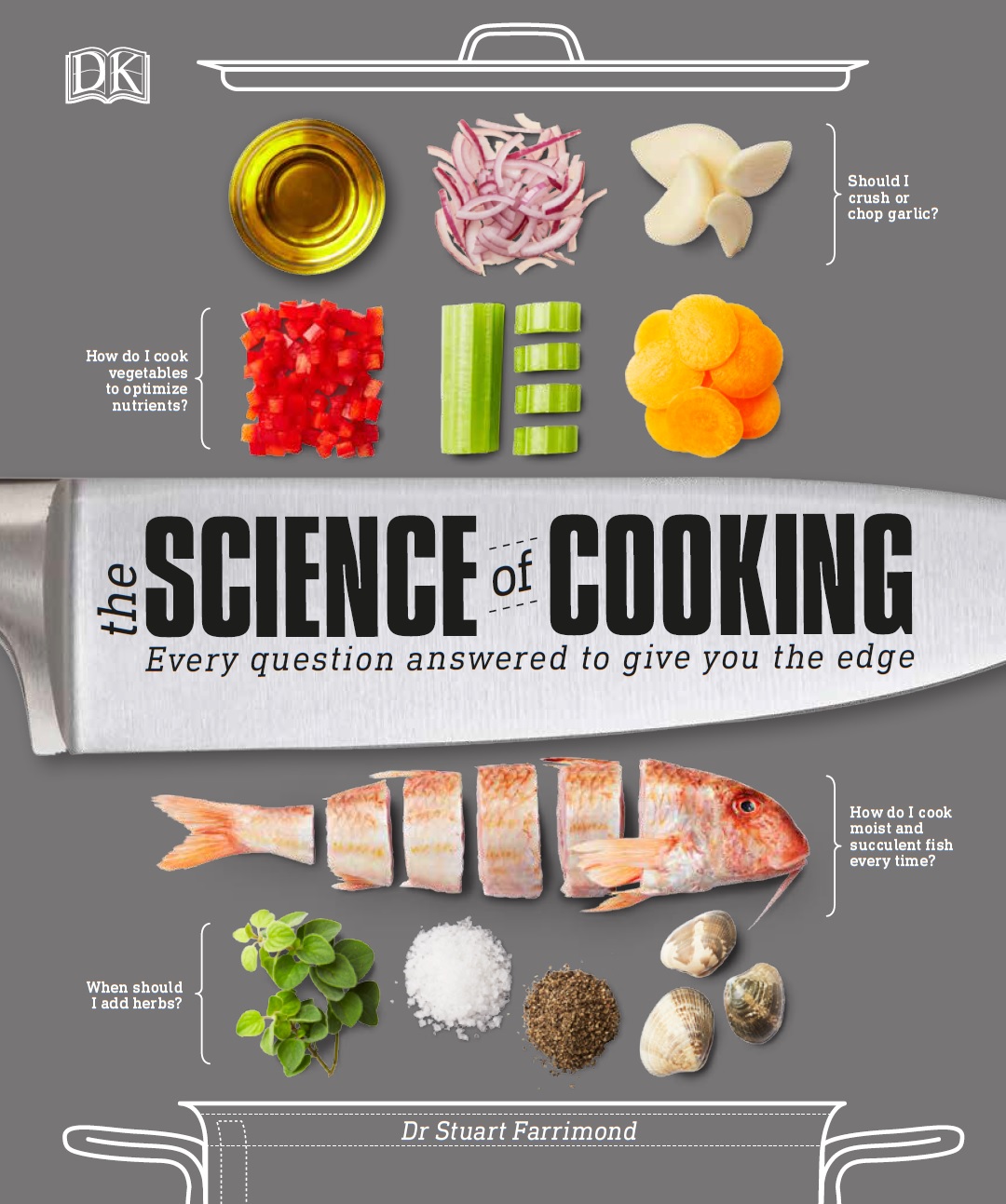 A horrifying screech is coming from 221B Baker Street. Dr Watson and Mrs Hudson look at each other despairingly. Sherlock is practicing his violin. Again.
A horrifying screech is coming from 221B Baker Street. Dr Watson and Mrs Hudson look at each other despairingly. Sherlock is practicing his violin. Again.
The character depicted in the recent BBC series, Sherlock, has no musical ability. (Although the literary version was a good musician). He would scratch his fiddle to unwind and help his mind solve the latest case. And like the famous detective, some of us also strum a guitar or poot a flute to find some peace and solace. Medical science now tells us that this is only the half of the story.
Make no mistake, learning to play a new instrument is hard; reading sheet music, working an instrument while simultaneously listening to the notes is tougher than driving a car. Taxing our grey matter in this way is good for the brain – especially for children.
Musicians have bigger brains
Recently, neuroscientists have started to quantify the effects that musical training has on the brain. When a youngster takes up an instrument, (s)he learns to appreciate the subtle qualities of music and pitch. Over time, the brain actually increases in size and the links between different brain regions are strengthened. The areas that process sound and movement enlarge, language learning improves and there is evidence that attention and overall scholastic performance also get better.
But the good stuff isn’t just the young ‘uns. We should all keep tapping on the ivories whatever our age becuase the benefits of music playing persist past childhood and right into the twilight years. The ‘brain training’ video games don’t really do much for memory or mental ability, but playing an instrument really does lead to tangible improvements. One example is that older age musicians are better able to pick out voices in a noisy room, even when their hearing is failing.
We don’t just make music because we think it’s good for us. As any child knows, making a lot of noise can be brilliant fun. Just think, how many guys wouldn’t smile when given the chance to strum an electric guitar with the volume turned up to max? Yes, even if we have all the musical prowess of a monkey banging a drum, music can cheer us up. To date, four published studies have shown that ‘music therapy’ alleviates symptoms of depression. And while more research is awaited, playing an instrument really does sound like a good idea for lifting the spirits.
So whatever you pluck, blow or bang, it’s worth taking some time out to unleash the musical you. Do it for fun, relaxation and all the mental benefits it will bring. And who knows? You might just solve that riddle that no one else can. But just warn the neighbours if plan on using a violin to do it.
Thanks for reading - all opinions expressed are my own. Feel free to add your thoughts in the comments below.
Reference:
Maratos A, Gold C, Wang X, Crawford M. Music therapy for depression. Cochrane Database of Systematic Reviews 2008, Issue 1. Art. No.: CD004517. DOI: 10.1002/14651858.CD004517.pub2
Erika Skoe1, & Nina Kraus (2012). A Little Goes a Long Way: How the Adult Brain Is Shaped by
Musical Training in Childhood The Journal of Neuroscience, 34 (32), 11507-11510 DOI: 10.1523/JNEUROSCI.1949-12.2012
Zendel BR, & Alain C (2012). Musicians experience less age-related decline in central auditory processing. Psychology and aging, 27 (2), 410-7 PMID: 21910546
Image source: Flickr Creative Commons (CowCopTim)










I just love the picture Dr Stu !
Posted by Ruth Behan | February 8, 2014, 4:01 pm